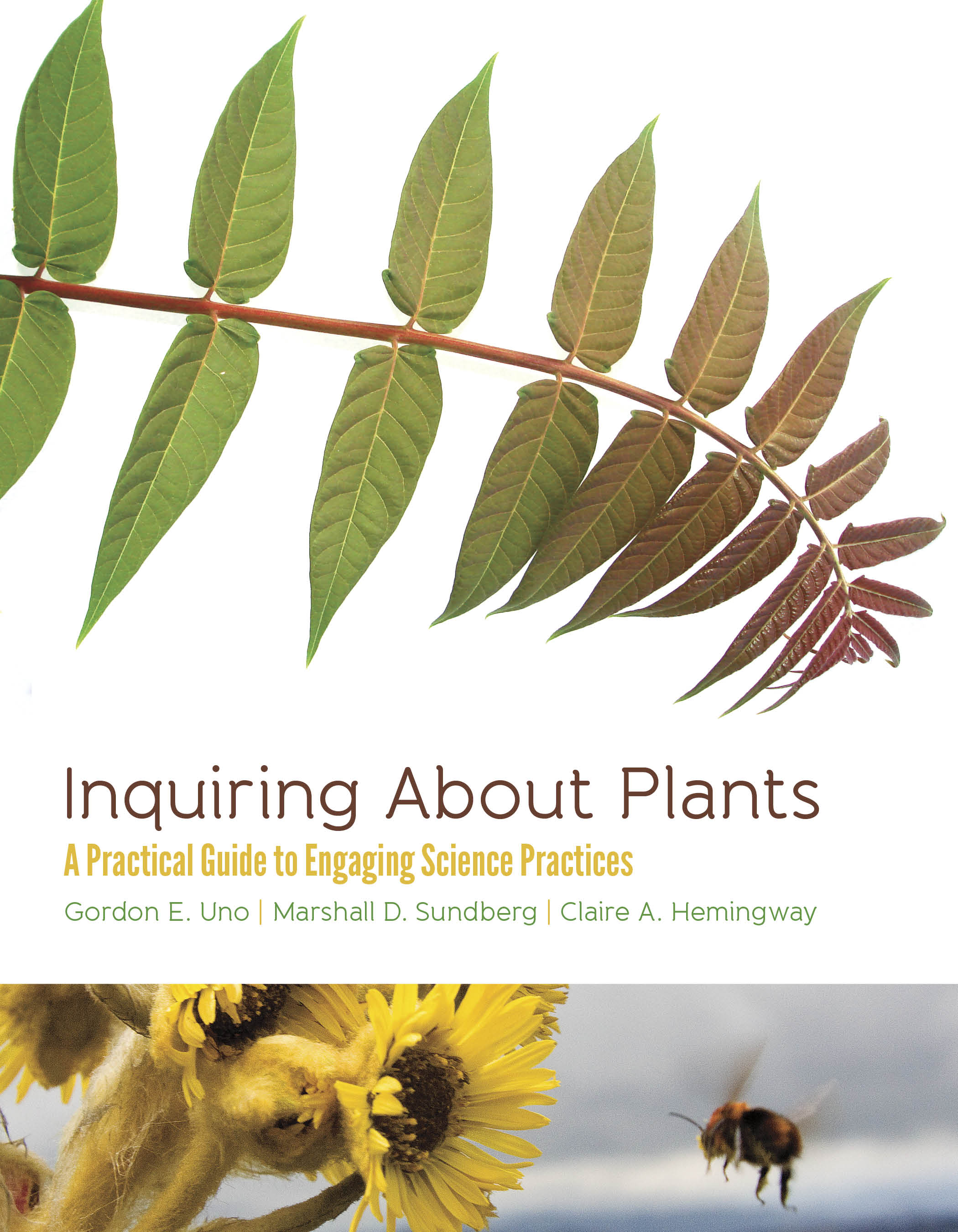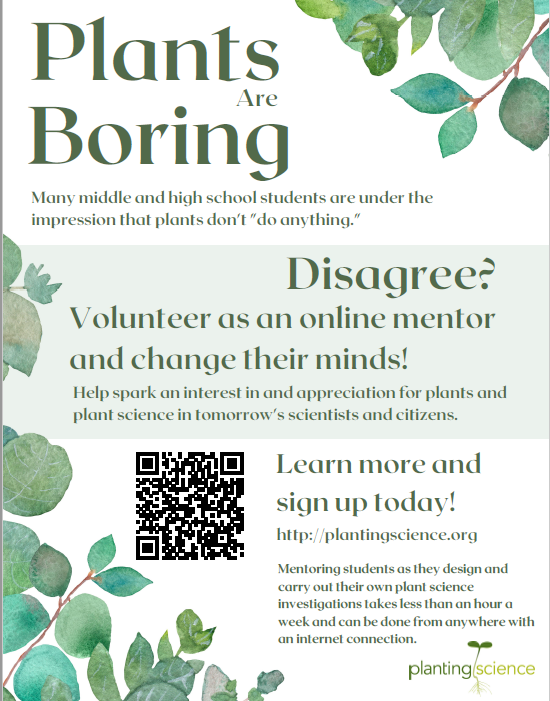Features
Featured Post
Hi Maflobio,
Thank you for sharing your research findings! I enjoyed reading them.
You are right that there are many microbes can cause disease--some affect humans or other animals, and some can affect plants. There are many microbes that can be helpful as well. For example, there are some bacteria that live on or in the plant roots and they can help the plant get nutrients that it needs.
You have asked a great question about how farmers can deal with plant diseases. Even on a small scale, I see this issue with my own garden. Certain types of diseases caused by bacteria or fungi can affect the leaves, roots or fruits of my plants. There are a variety of options for a farmer:
(1). They can select plants that are more resistant to disease. These plants have genetic changes that make them less likely to be affected by the bacteria or fungi.
(2). They can use chemicals, such as fungicides, that are applied to the crop to prevent the microbes from taking over.
(3). They can change certain things about the way the crops are grown. Sometimes farmers will grow plants in a greenhouse, even later in the growing season--this can prevent fungal spores, for example, from blowing in the air and onto the plants. Personally, I like to add mulch to the ground--this prevents fungi from splashing from the ground to the plants.
(4). There are some insects that can spread disease--just like a mosquito in some areas of the globe can spread malaria between people, as insects move from plant to plant, they can sometimes spread the disease between the plants. Some farmers use "beneficial insects:--these insects like to eat the insects that are harmful to the crop.
I hope this helps give you some ideas! You are exactly right that sometimes, it is not enough--it is possible that a whole crop could be lost. Farming is a challenging profession that requires a large amount of technical and practical expertise! By applying some of the solutions above (which ones will depend on farmer's preferences, the buyers' preferences, the type of crop, the cost, etc.), farmers can work against the harmful diseases to their plants.
Sincerely,
Cathy
Help us grow!

Your contribution at any level will go directly toward increasing capacity to serve more teachers and students and it will help to sustain the program. Get a print copy of the book Inquiring About Plants: A Practical Guide to Engaging Science Practices by Uno, Sundberg and Hemingway with a donation of $30 or more.
Donate Now
Preparing for the
24-25 School Year?

Teachers! If you're thinking of bringing PlantingScience mentoring into your classroom during the 24-25 school year, applications are now open for BOTH sessions!
To apply, log in to your PlantingScience account and locate the application link under 'Resources'. For more information, check out 'Join as a Teacher' above!
Scientists, this is a great time to update your availability and consider adding Investigation Themes to your preferences. If you are new to PlantingScience, check out 'Join as a Mentor'.
We're looking forward to working with you! Please contact us if you have any questions.
-
Scientist Mentors Needed!
As we grow and continue to pursue our F2 research, we are sending out this appeal to our Scientist community: please spread the word and invite your students, colleagues, and friends to sign up and mentor with us! Mentors range from late undergraduate students to emeritus scientists. Feel free to download our mentor flyer and post it in your institution to encourage others to join us, too!
Testimonials
“I liked that we didn’t know what was going to happen before we did the experiment. Instead of being taught something and then just doing an experiment to prove it, we made an attempt to find out what would happen ourselves.”
- PlantingScience Student
“At every opportunity, all involved kept reminding my students of the process that real science requires. This helped me to convince my students that they are really doing science - not just play acting until some future date.”
- PlantingScience Teacher
“It is a lot of fun interacting with students from an age group I don’t have the chance to spend a lot of time with. It is a good reminder of where public knowledge of plant science stands, and a great opportunity for me to practice explaining key concepts in a simple and straightforward way.”
- PlantingScience Mentor

